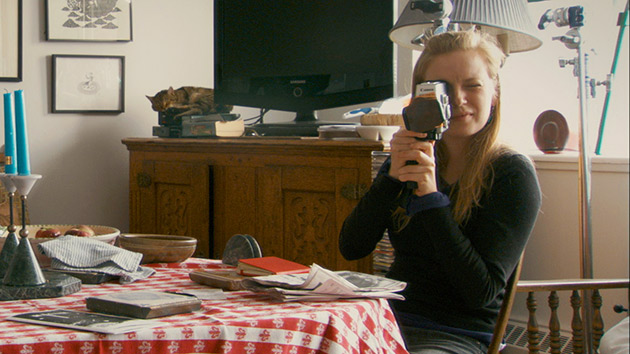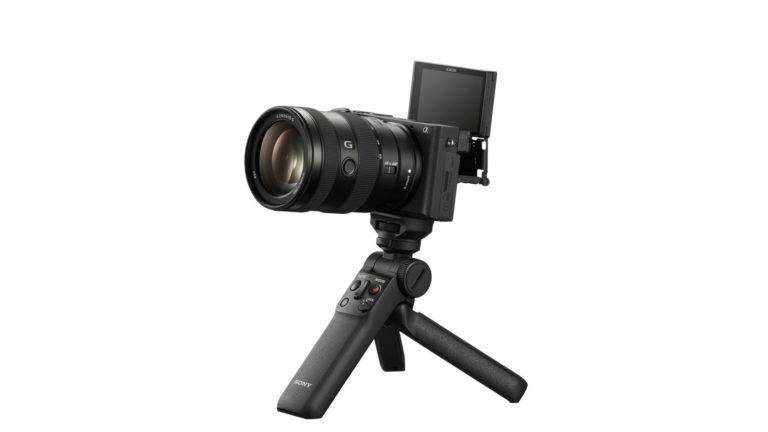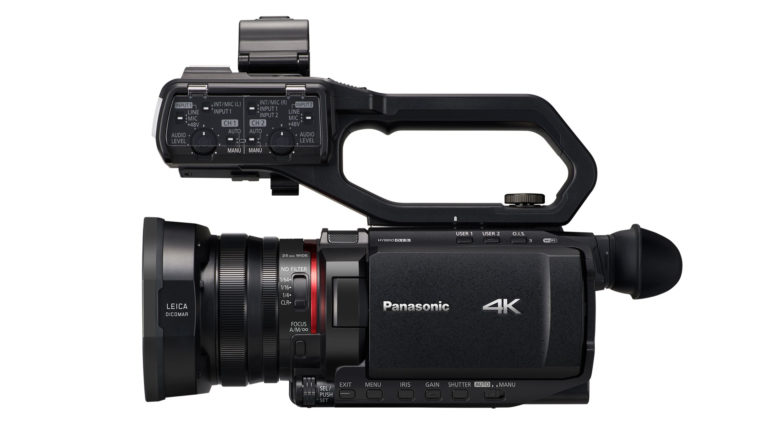Bending the Rules of Documentary As a Director Digs into Her Family History
Sarah Polley’s Stories We Tell, which opens in New York this week, explores the Canadian actor/director’s family history in a style that melds documentary interviews with fictional home movie interludes. She mines the lives of her parents for melodrama, as she discovers family secrets that upset her sense of who they were and who she is. Her mother died relatively young; her father Michael is shown recording a voice-over, somewhat stiffly, in a studio. Polley shot the interviews on a HD camera, but faked the home movies convincingly on Super-8 cameras.
It’s become trendy to mix documentary and fiction, but Stories We Tell tells a story that would seem like outrageous melodrama if it were pure fiction: it needs a grounding in reality. It was produced by Canada’s venerable National Film Board (NFB), which has a reputation for stodginess, but it’s one of the few non-fiction films so dramatic and story-driven that spoiler warnings could apply.

DP Iris Ng and director Sarah Polley
Studio Daily: Did you feel any trepidation about moving from fiction to documentaries?
Sarah Polley: A lot. I think it’s partly because I like documentaries so much more than fictional narrative films. It’s a completely different medium. It requires a different skill set. I had a lot of training to do. I was lucky that I got to be part of this training program at the National Film Board’s development program, so I was mentored by a lot of really great documentary filmmakers.
Was the NFB OK with your inclusion of fictional elements?
I’d always talked about it with them as a hybrid film, between documentary and experimental film. It was never going to be a straightforward documentary. I felt like it was as great experience to work where I had a lot to learn from my financiers. As a filmmaker, you often feel like you’re playing defense with your financiers. I felt like the NFB, as a producer and funding body, had a ton to teach me. Their input was always useful.
Do you think you’ve learned a lot from acting that’s helped you as a filmmaker?
I don’t know. I have two minds about it. There’s a certain comfort level with the environment of a film set, which is great. It’s also a disadvantage because you feel like you know a lot about the medium, when really you don’t. Actors are somewhat protected from the filmmaking process. It’s deceiving how much you know versus how much you don’t know. When I made my first short in 1999, I was surprised how much I had to learn.
Do you view yourself as part of any documentary tradition?
My favorite documentary filmmaker is Allan King [Warrendale, A Married Couple], but there’s nothing vérité about my film. I think about The Five Obstructions or F for Fake. I had already decided what I wanted to make, but those films gave me confidence. It felt like less of an unknown expedition.

Michael Polley (left) and Sarah Polley
Why’d you decide to film your father reading narration in a setting as formal as a recording studio?
Because I wanted to emphasize the film as a construct. A lot of the film is about storytelling. For me, the arc of the film is about my father discovering himself through his writing, and I wanted to track that through showing him reading, I think there is something artificial and staged about making a documentary, and I didn’t want to hide that. The narration is obviously edited a lot, but he wrote it.
Do you see a link between the love triangles in your narrative films and the one in Stories We Tell?
I do, a little bit. It was an unconscious process of mining this territory that was close to my family’s history. In retrospect, I was poking around the same areas.
Do you think the fact that your parents were both actors influenced your decision to go into film?
Yes. I was acting from the time I was four or five years old. So it was the environment I knew the best. I always wanted to write, but I wound up writing in the medium I was familiar with.
What cameras did you use?
We used about 20 Super-8 cameras because we kept breaking them. We rolled through so much footage. They’re not built to handle that much shooting in a day. Usually, you have camera A and B. At one point, we were up to camera Z2. We also shot on the Sony F900 for the interviews.
From what I know, the production had a somewhat disjointed quality. How did that affect the finished film?
It allowed us to have more time to think about it. We shot a bit, then edited a bit, then thought about it a bit. It allowed us to discover the film as we went along, rather than knowing everything in advance. My personality is more geared towards wanting to know everything in advance, execute it and edit it. It really helped to let the film guide itself and let the interviews take it in different directions.
Did you have an outline before you conducted interviews?
I had a 100-page, single-spaced treatment that bears no resemblance to what the film is actually like. I slaved over it for years. I kept doling out versions of it to the documentary lab I was part of it. Other filmmakers said “Can we agree you’re going to stop writing? Because you’re making a documentary, and this isn’t going to be what it’s like.” Not having made a documentary before, I didn’t know what they were talking about. There’s only so much writing you can do before you have to let the story tell itself.
Would you have been able to make the film without the fictional home movies?
Yes. There are many films I could have made which would have been much simpler than this one. I don’t know if they would’ve been films I would be interested in making. I think there’s a very literal personal documentary in there, which might have appealed to some people more. For me, what was interesting about this film was to talk about storytelling and the subjectivity of memory. To do that beyond just taking about it, it was necessary to do some recreation.
At what point in the film do you want the viewer to realize the home movies are fiction?
I don’t have an agenda with it. I wanted to create a situation where the audience would wonder what’s real. The moment where people realize it always varies. Some people pick up on it very early, some people don’t know it until the credits.
For me, I realized about halfway through that the home movies were depicting scenes no cameraperson could possibly have filmed. Also, you see a makeup artist touching up someone’s mustache.
That was the moment when I wanted everyone to get it, but not everyone does. Some people still don’t pick up on those images.
How has your family reacted to the film?
They’ve been really supportive. I was constantly terrified about their reaction for years. I wanted to stop making the film several times in case there was a risk they would dislike it. I allowed each family member to watch it from beginning to end and tell me what they thought of it. No one had any problems.

Stories We Tell opens in New York on May 10, then expands wider on May 17.
Did you enjoy this article? Sign up to receive the StudioDaily Fix eletter containing the latest stories, including news, videos, interviews, reviews and more.










Leave a Reply